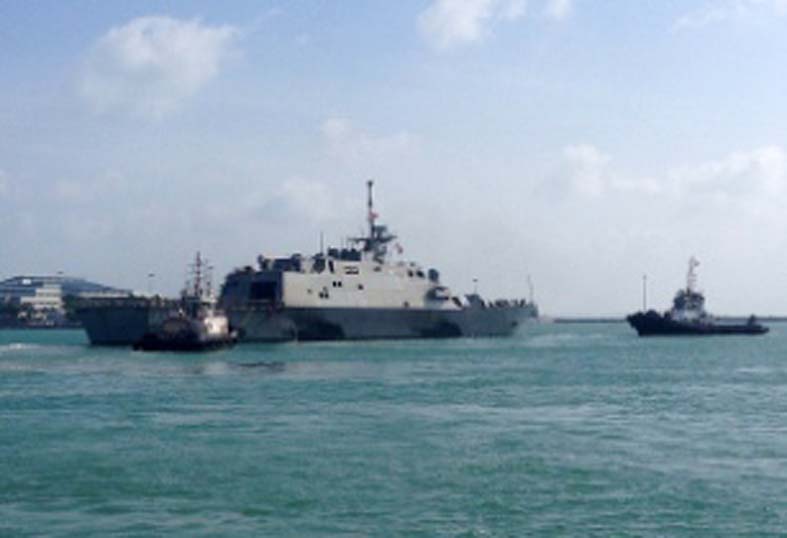There is uncertainty surrounding liability issues relating to unmanned ships when a vessel is involved in an incident due to cyber-attack, according to a new report from global law firm Clyde & Co and the Institute of Marine Engineering, Science & Technology (IMarEST)
A survey of 220 marine industry executives from across the world found that there is a lack of clarity around collisions involving unmanned ships, with 59 per cent of survey respondents agreeing that there is confusion regarding regulations in this area.
David Loosley, chief executive of IMarEST, said, “Technology is today advancing at an unprecedented rate and promises a host of new solutions for the maritime industry in terms of improved efficiency, safety and environmental performance. However, we should not be blinded by the benefits. We must also remain alert to the potential risks.”
“This joint research report examines these vulnerabilities and how they might be addressed and is an important starting point for the industry to begin preparing for the future,” he added.
According to the report, the vessels must be properly crewed and unmanned ships should not get permit to enter international waters.
However, in June 2017, the International Maritime Organisation (IMO), which regulates shipping, announced that it would begin to consider updating the international convention for the safety of life at sea (SOLAS) to allow cargo ships with no captain or crew to travel between countries. The Comité Maritime International (CMI) also established a working group on 'Maritime law for unmanned craft' to consider how international conventions and regulations can be adapted to provide for the operation of unmanned vessels on the high seas.
According to the industry experts, the international organisations appear to have recognised that there is a real appetite to test the water with unmanned ships at a commercial level. The industry will quickly need some legal clarity around cyber liability and collision regulations before any ground-breaking progress can be made.
The report has said that availability of insurance cover for unmanned ships is one of the key issue in the marine industry. Patrick Murphy, Partner at Clyde & Co, said, “For a business to implement any new technology there is always a certain 'leap of faith' moment, especially when that technology could significantly change the way that organisation operates. Suitable insurance cover can help make this a much more calculated jump into the unknown."
Clyde & Co pointed out that the International Union of Marine Insurance (IUMI) has been discussing the implications of the new technology. IUMI expects unmanned vessels to change the landscape of the traditional maritime insurance industry.






